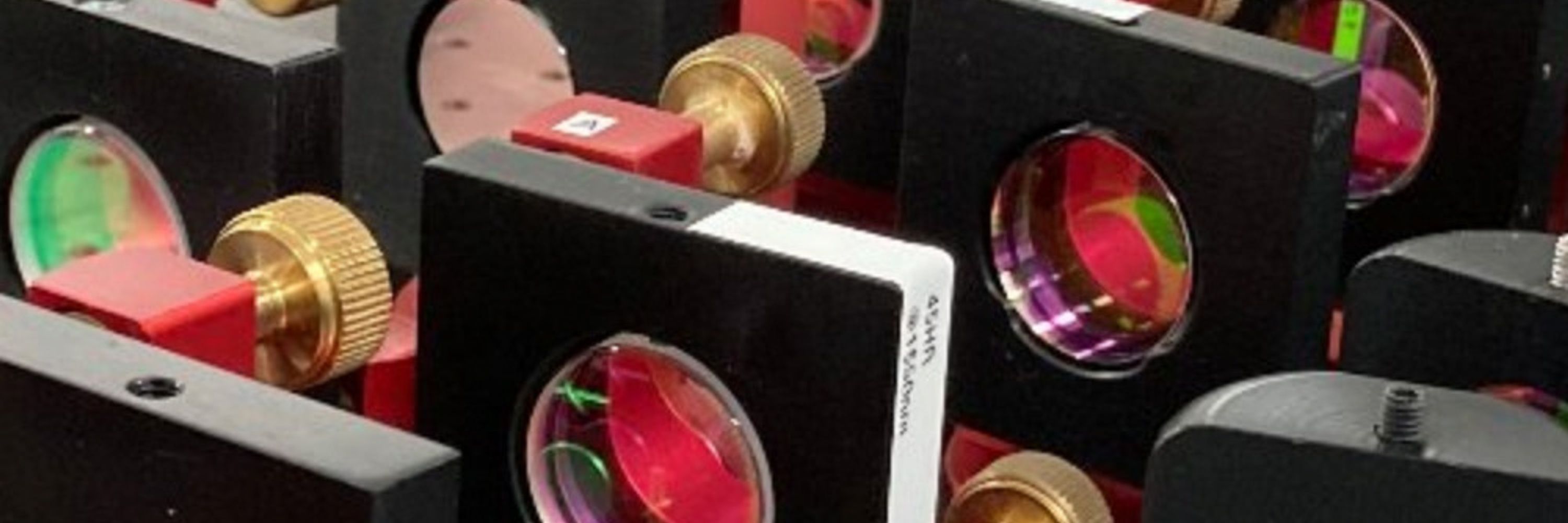
...but about what happens when quantum systems interact with something that's already classical?
Turns out, the collapse postulate + Born rule emerge!
scirate.com/arxiv/2510.0...
🧪⚛️🧵1/5

...but about what happens when quantum systems interact with something that's already classical?
Turns out, the collapse postulate + Born rule emerge!
scirate.com/arxiv/2510.0...
🧪⚛️🧵1/5
youtu.be/2XmZ8-XQ9jU
📓: doi.org/10.1103/kw5g...
🔭🧪⚛️☄️ #O4IsHere

youtu.be/2XmZ8-XQ9jU
📓: doi.org/10.1103/kw5g...
🔭🧪⚛️☄️ #O4IsHere
We're pleased to share the largest catalog of gravitational-wave observations with more discoveries of black holes and neutron stars
📰 arxiv.org/abs/2508.18082
🔭🧪⚛️☄️ #GWTC4

We're pleased to share the largest catalog of gravitational-wave observations with more discoveries of black holes and neutron stars
📰 arxiv.org/abs/2508.18082
🔭🧪⚛️☄️ #GWTC4
We've had hundreds of talks from scientists from all across the world over the last two weeks, but it's finally time to say goodbye.
On behalf of everyone on the organising committee, thank you for coming!
#GR22Amaldi16
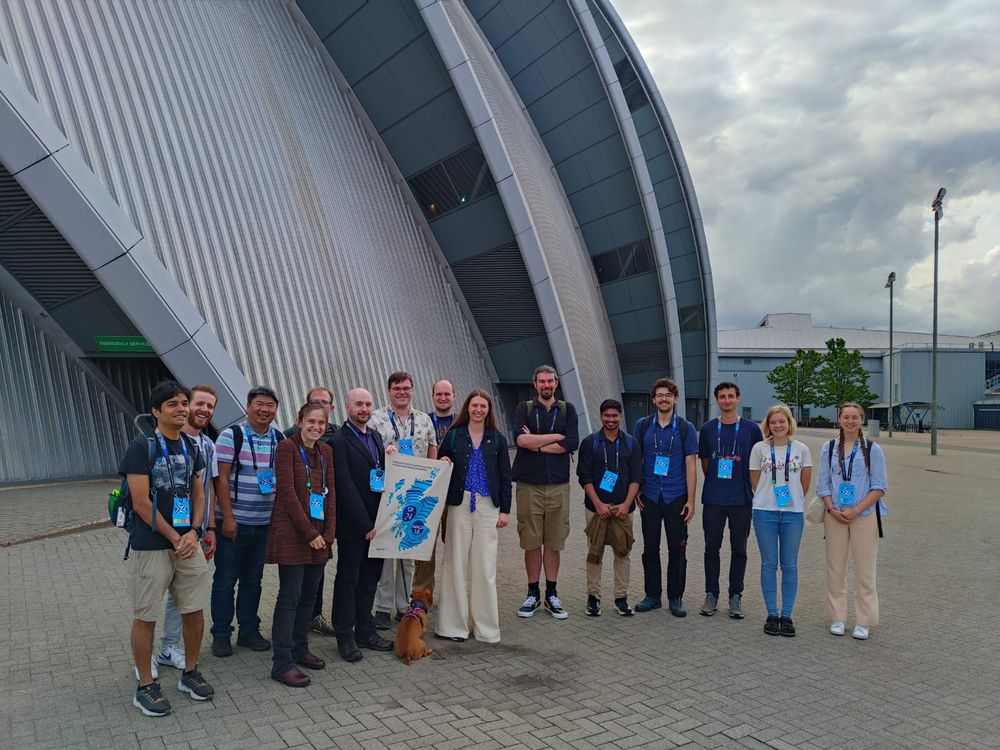
We've had hundreds of talks from scientists from all across the world over the last two weeks, but it's finally time to say goodbye.
On behalf of everyone on the organising committee, thank you for coming!
#GR22Amaldi16
🧪 🔭

🧪 🔭
GWECS is Gravitational Wave Early Career Scientists - find out more at: gwecs.org

GWECS is Gravitational Wave Early Career Scientists - find out more at: gwecs.org
youtu.be/0lUxk8yxaNY
A documentary by Kai Staats
#BlackHoleWeek 🔭🧪⚛️

youtu.be/0lUxk8yxaNY
A documentary by Kai Staats
#BlackHoleWeek 🔭🧪⚛️
🧑🏫 Theory: Lorenzo Pompili, MPI Gravitational Physics
🧑💻 Data analysis: Nicole Khusid, Stony Brook
🧑🔬 Experiment: Audréanne Matte-Landry, Montréal

🧑🏫 Theory: Lorenzo Pompili, MPI Gravitational Physics
🧑💻 Data analysis: Nicole Khusid, Stony Brook
🧑🔬 Experiment: Audréanne Matte-Landry, Montréal
Feeling motivated to get back to work and do some more fun science!


Feeling motivated to get back to work and do some more fun science!
Behold, here are the orbits of ALL 128 MOONS OF SATURN. This isn't just a moon system—it's a literal asteroid belt around Saturn! 🧪🔭☄️
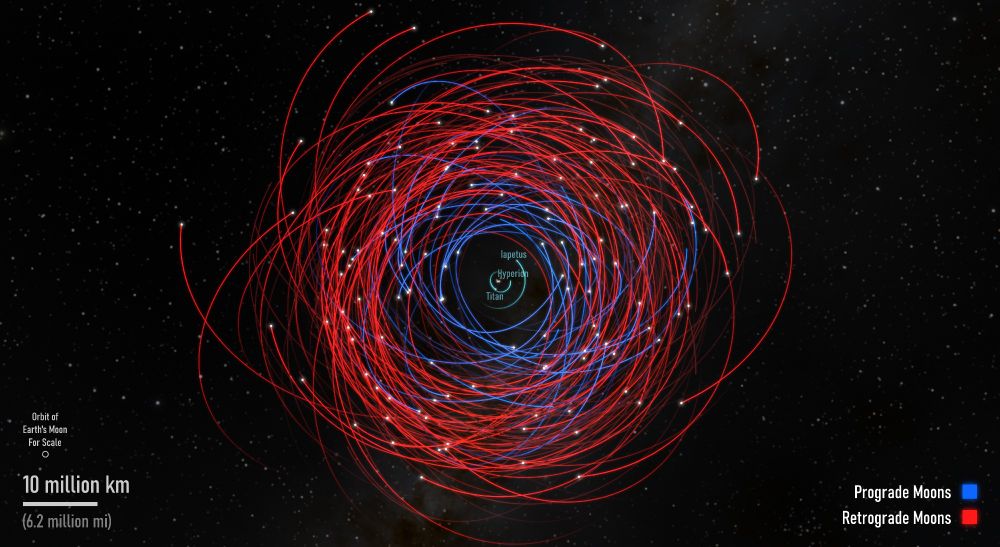
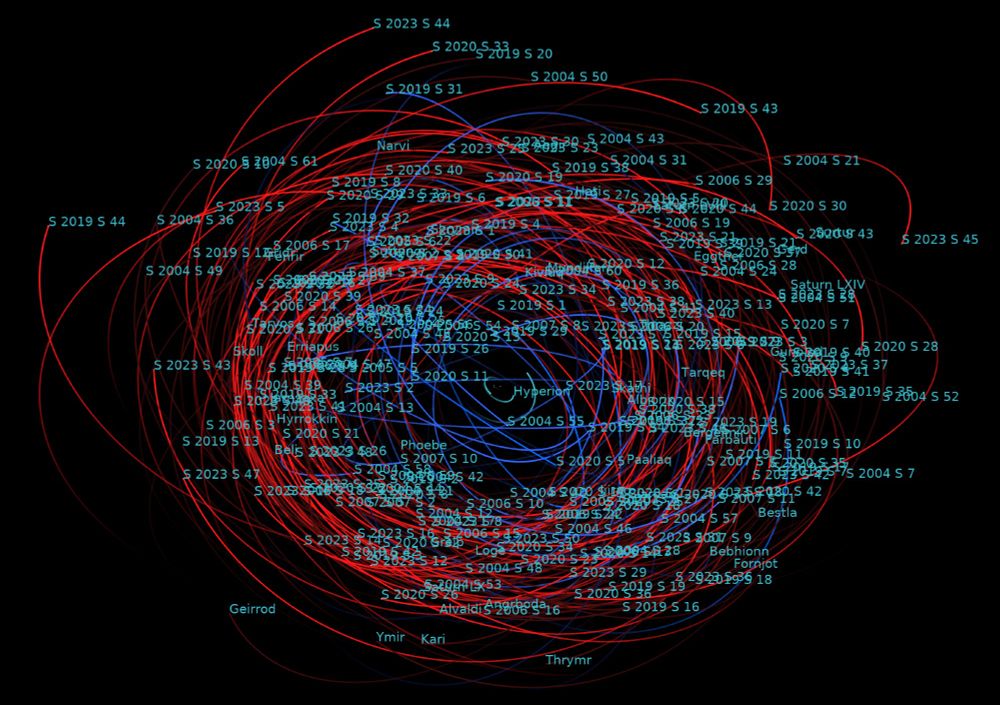
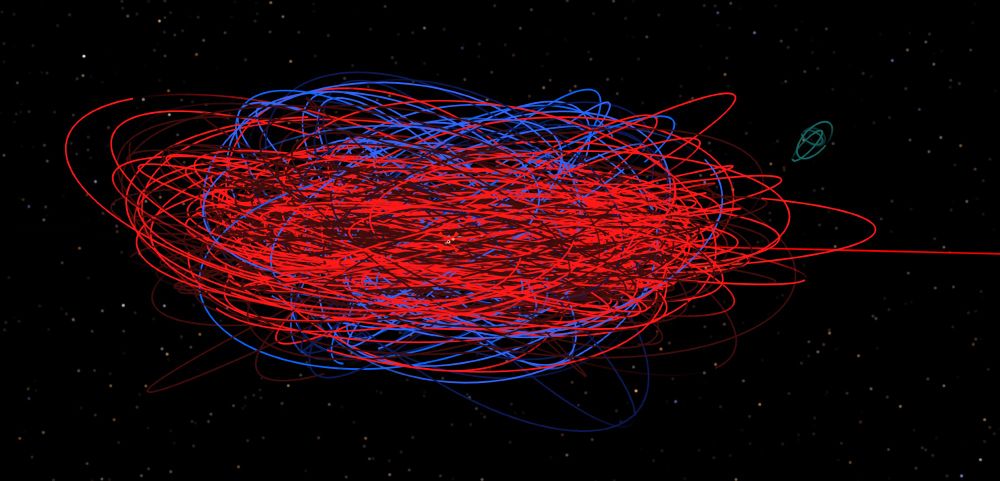
Behold, here are the orbits of ALL 128 MOONS OF SATURN. This isn't just a moon system—it's a literal asteroid belt around Saturn! 🧪🔭☄️
Since they seem to not care, I have make these issues public.
In short: The topological gap protocol and all claims based on it are flawed.
arxiv.org/abs/2502.19560
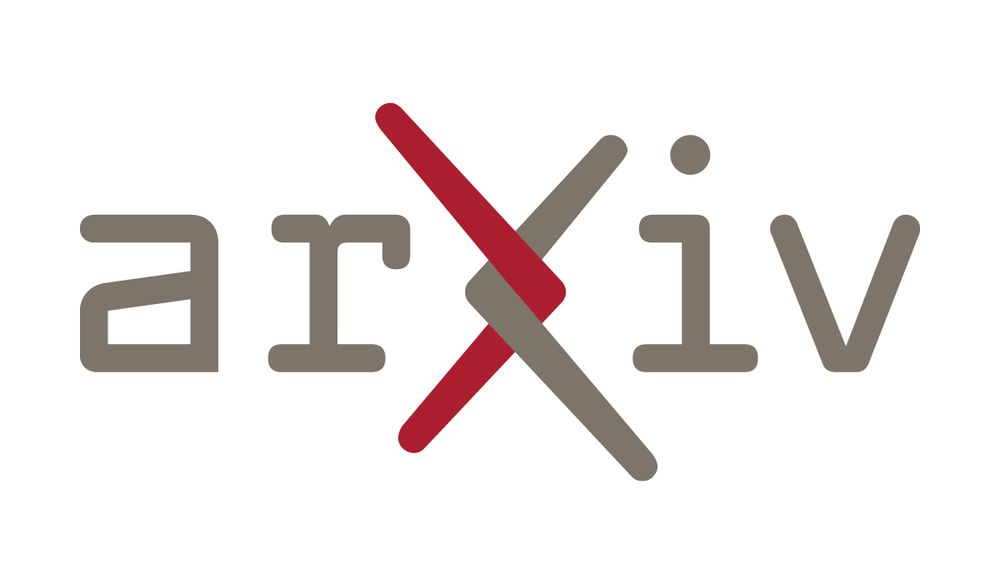
Since they seem to not care, I have make these issues public.
In short: The topological gap protocol and all claims based on it are flawed.
arxiv.org/abs/2502.19560
🔭🧪
🔭🧪

NOTE: I skip the numerous news reports and press releases, this thread is for serious _scientific_ and procedural materials
First retraction: Quantized Majorana Conductance, from Nature
www.nature.com/articles/nat...

NOTE: I skip the numerous news reports and press releases, this thread is for serious _scientific_ and procedural materials
First retraction: Quantized Majorana Conductance, from Nature
www.nature.com/articles/nat...
"_So many hippos, so many tails..._"💖
"_So many hippos, so many tails..._"💖

Already now we use quantum light to observe gravitational waves in LIGO & Virgo. Imagine: some of the most violent events in the Universe could only be seen if we use fragile quantum light...↓
🧪⚛️
Already now we use quantum light to observe gravitational waves in LIGO & Virgo. Imagine: some of the most violent events in the Universe could only be seen if we use fragile quantum light...↓
🧪⚛️
th0mas.nl/downloads/pd...
journals.aps.org/prd/abstract...
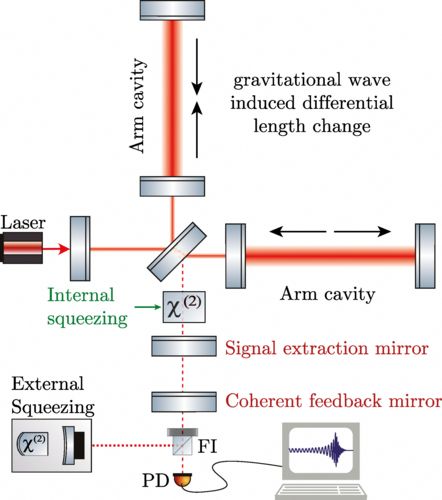
journals.aps.org/prd/abstract...

opg.optica.org/optica/fullt...
opg.optica.org/optica/fullt...
I wrote the first draft of the paper in 2017, and since then we did a lot work to improve the data quality and the understanding of physics. 5 years, crazy!
journals.aps.org/prl/abstract...

I wrote the first draft of the paper in 2017, and since then we did a lot work to improve the data quality and the understanding of physics. 5 years, crazy!
journals.aps.org/prl/abstract...

